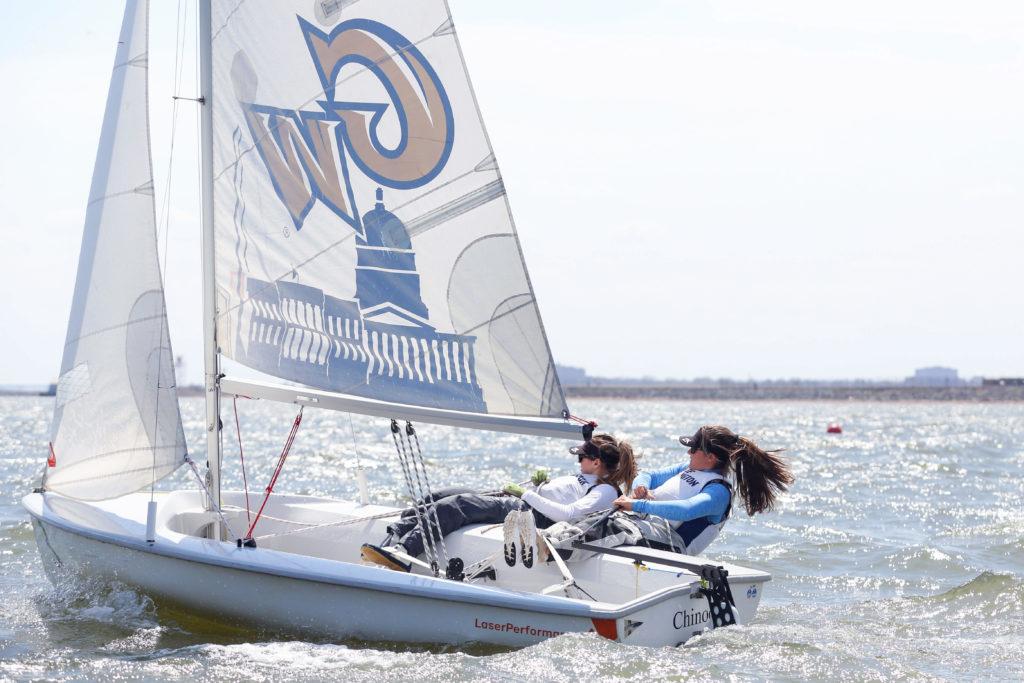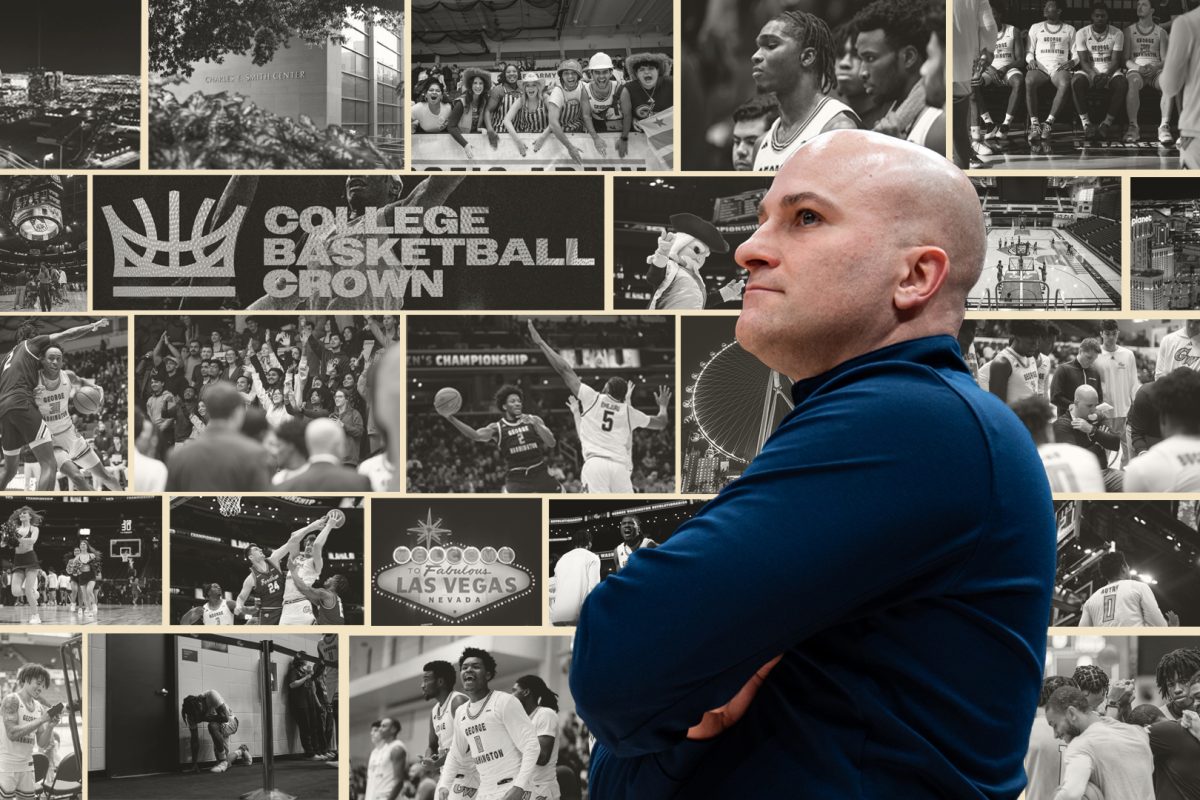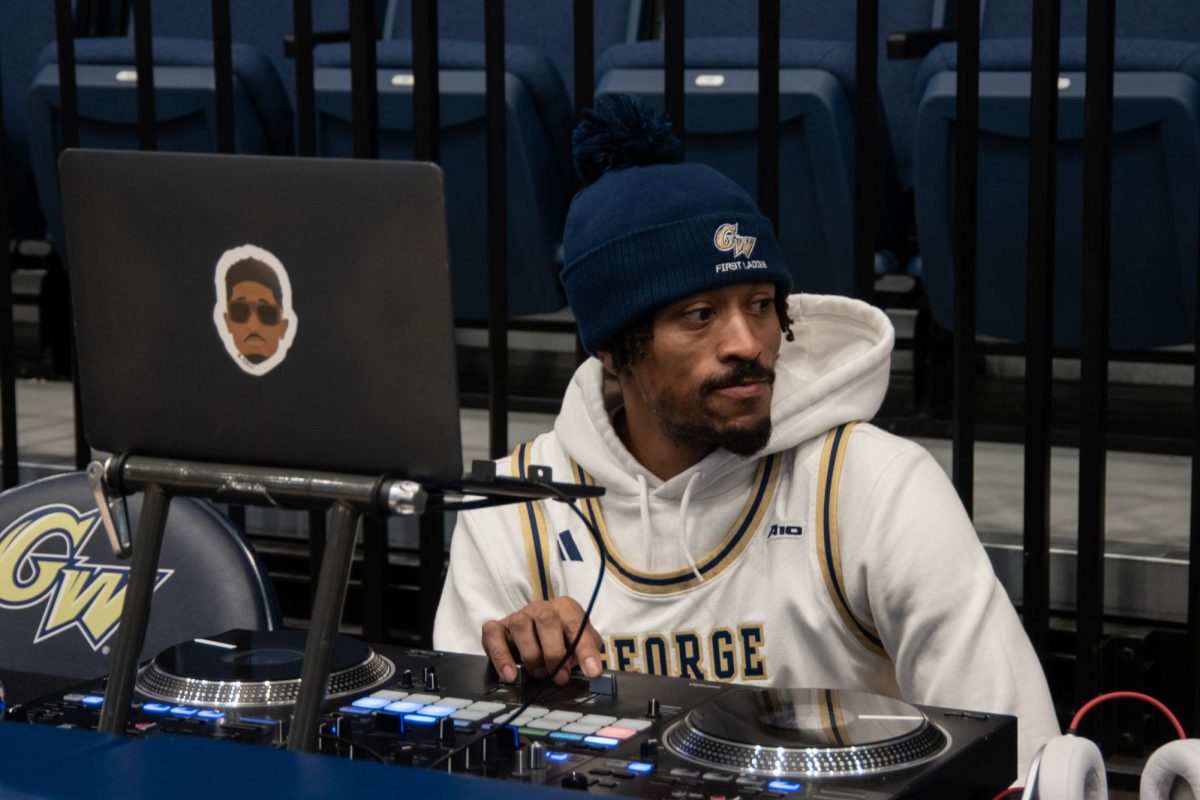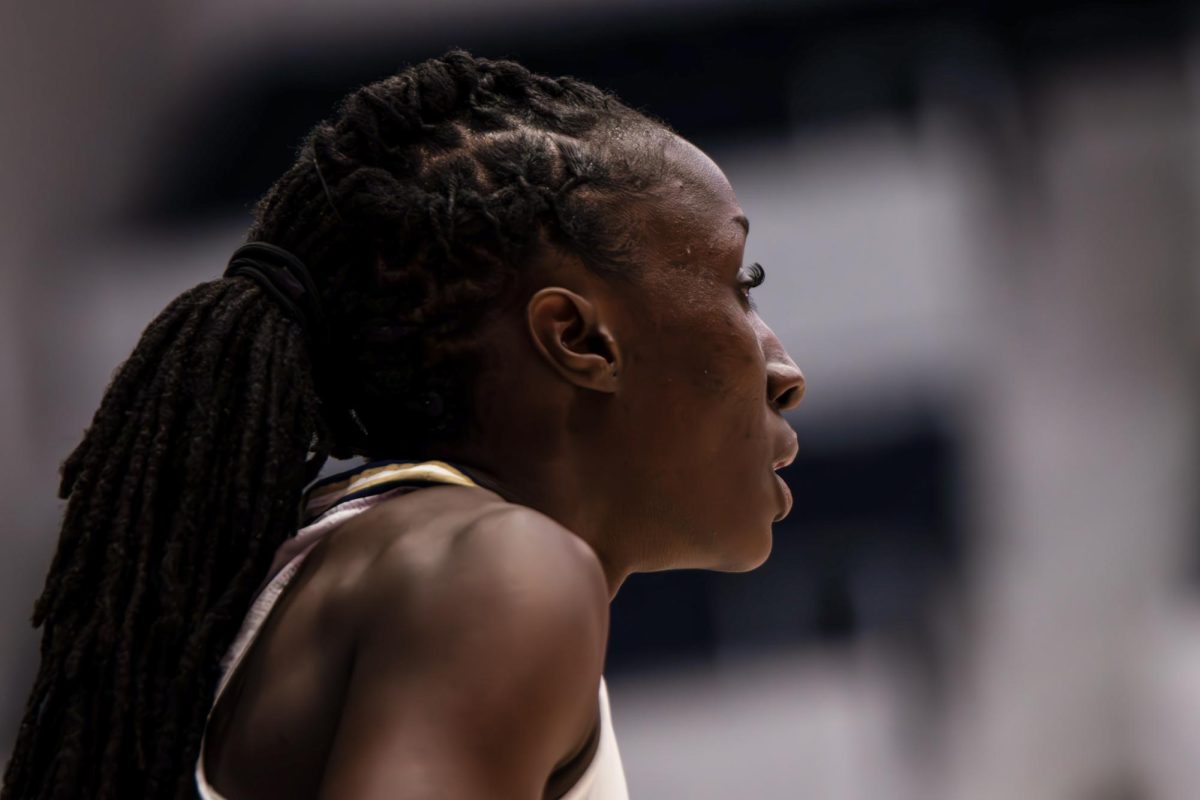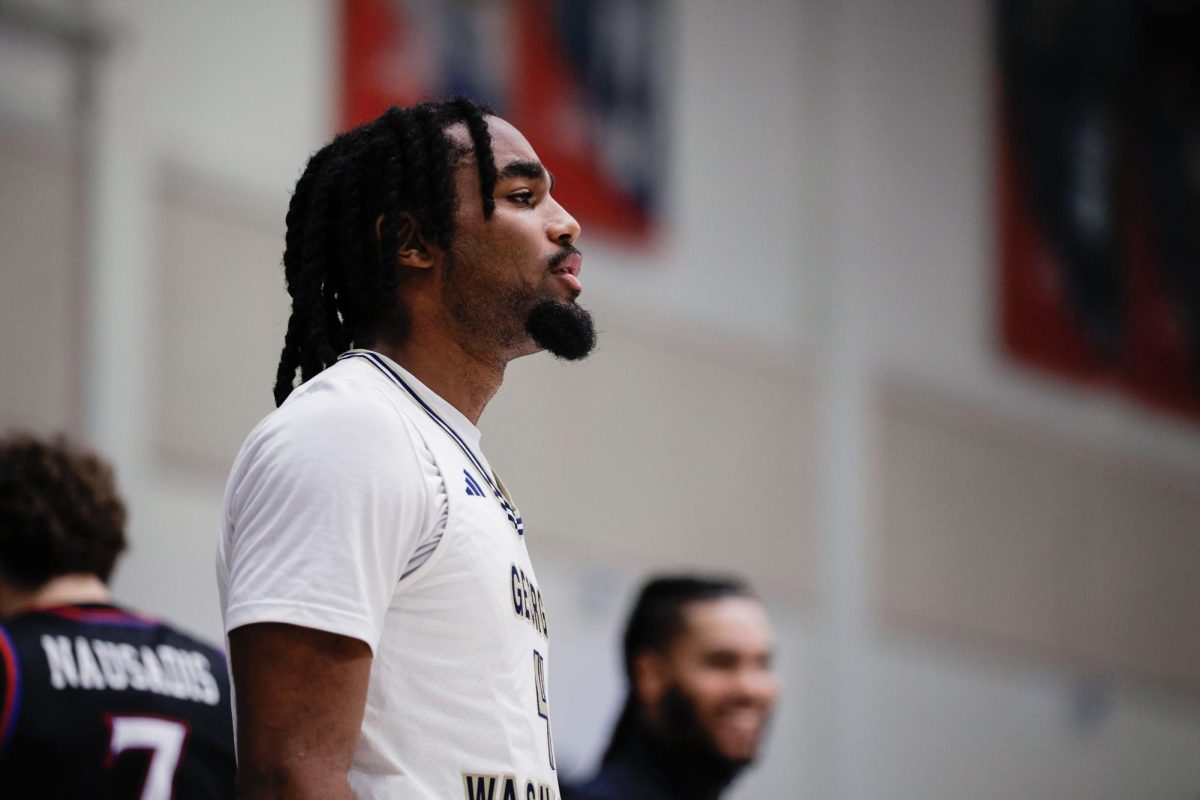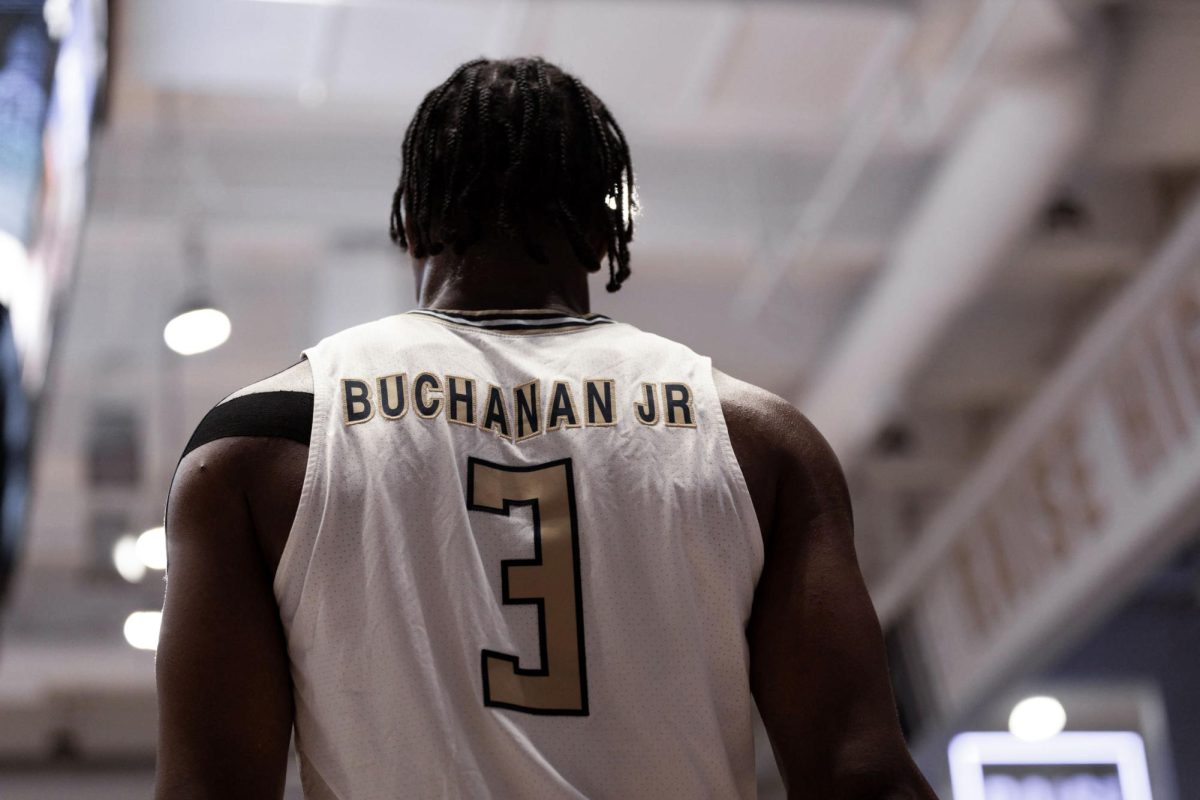Updated: March 28, 2022 at 11:59 a.m.
As the anniversary for their last competition as a varsity team draws closer, club sailing finished as the MAISA Fall Coed champions and was the highest ranked student-run team in the Inter-Collegiate Sailing Association.
GW sailing is currently one of the highest ranked teams in the ICSA, placing 12th in the coed rankings and 16th place in the women’s rankings even among teams with varsity funding. Currently, the team has almost 30 members who practice five times a week and race on most weekends.
As a varsity sport, the team earned a fourth place finish at the ICSA Sperry Women’s National Championship in 2019, the highest in program history. In their final year with varsity status, GW qualified for both the 2021 College Sailing Women’s Nationals and the 2021 College Sailing Coed Nationals.
Senior and President Mikaela Smith said after the varsity sailing program was cut, the team began a transition period where they attended meetings with the athletic department to discuss fundraising, the new constitution the club would need to develop and what they would need to continue competing at the same level.
“Our movement was to then, instead of spending a lot of time being angry, and spending a lot of time being frustrated, which I know like a lot of people still are, and there’s still issues there, but we could move on, and we could really take this in stride and try to deal with it,” Smith said.
Smith said the team does not currently have a coaching staff due to concerns over finances but have been delegating positions of leadership to experienced members. She said alumni sometimes come help the team during their races on the weekend, but not everyone always has the spare time.
“When you don’t have that overarching presence, it’s a lot more important that you focus on yourself, that you focus on developing your teammates, and that you work together a lot more, I think, just more psychologically or mentally on the water,” Smith said. “Because you don’t have a figure that’s like, ‘You guys aren’t doing this correctly, fix this.’”
Smith said the biggest challenge during the first weeks of the fall semester was maintaining the team’s competitiveness as they no longer had the strict structure brought by their coaching staff and the athletic department. She said a significant moment for the team was when the team won the War Memorial Trophy at Old Dominion Oct. 30-31 because it demonstrated just how hard the team had been working.
She said the team is open to eventually looking for reinstatement as a new president could bring a lot of opportunities for the team to prove they can gain their varsity rank again. Smith said the team’s potential to become the highest-ranked team in the varsity slate and ICSA could theoretically improve their chances to be reinstated.
“We really worked on that aspect of our race – we break it down into segments,” Smith said. “And I think that’s helped us, we also, just as a program, are pretty cohesive. We have some breakout talent, but we have a lot of very talented sailors. And we really focused on making sure that everybody gets experience and gets learning opportunities.”
Senior and Captain Sarah Hardee said new team members like freshmen and walk-ons have been integrated quickly and have been very committed to the program since, showing up to all events and training.
“I am really impressed with how the freshmen have stepped up to the plate and realized that it requires some of their own, like they don’t have an academic adviser and the athletic department breathing down their necks, telling them ‘You have to go to study hours,’ ‘you have to do all this,’” Hardee said. “They do it, and they get the stuff done. And they still come to practice every day.”
Senior and Captain Matt Logue said this season has been similar to previous years when the team still held its varsity status, but there is a larger emphasis on seniors and juniors taking leadership positions. He said this has forced team captains to make difficult decisions on occasion, like determining who will be competing during the weekend while also trying to maintain healthy relationships with their team members.
“Something that for a coach who would’ve been older and not in school, it’s not as hard because they can be impartial because they don’t have the relationships already made from the past three years,” Logue said.
Logue said his two goals for the remainder of the season is for the team to qualify for nationals and helping juniors rise to leadership positions before the season is over. He said it’s important for the team to keep a “good platform” to allow freshmen to have a better understanding of the sustainability the team needs.
He said the team has been working on building communication and connections with team members as boat drivers aren’t allowed to communicate with the crews during racing. He said the team has been working on more drills to continue improving this as they prepare for nationals.
“We still have pretty lofty goals and even though we don’t have the resources, we’re not going to change our goals because of that,” Logue. “So maintaining that is something that is pretty tough because I’m super busy.”
Though sailing became a varsity sport in 2012 after decades of being a club sport just to be relegated to club status yet again, Smith said she is hopeful sailing can become a staple of GW sports once more.
“We’ve done this before,” Smith said. “We have alumni who are very recent – 2012 is not that long ago. We have alumni from 10 years ago who have provided us with what they did when they looked to be instated as a varsity team in the first place. And I think as we move to new leadership at the University, as we have a new president coming in, there are a lot of opportunities for sailing to become a priority again.”
This post has been updated to correct the following:
A previous version of this post stated that the team practices two times per week. They practice five times per week. We regret this error.


